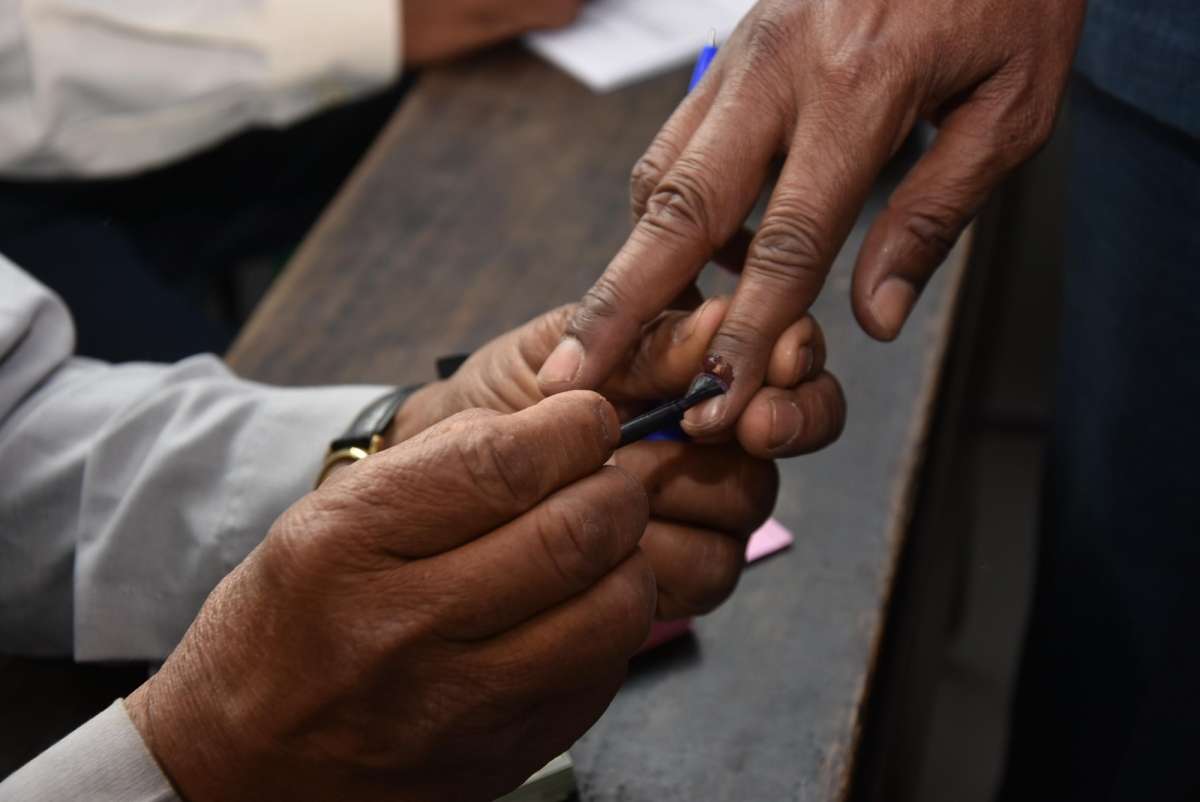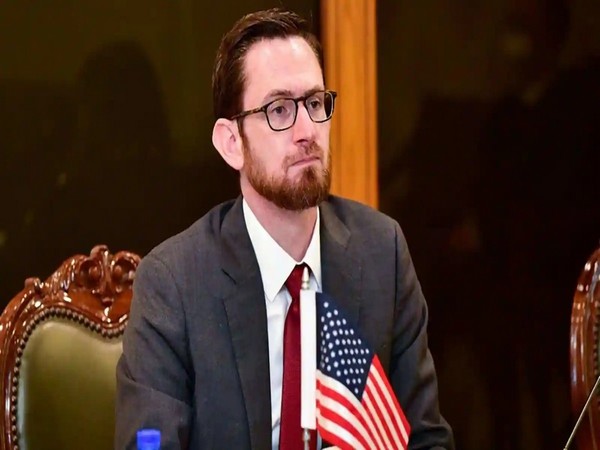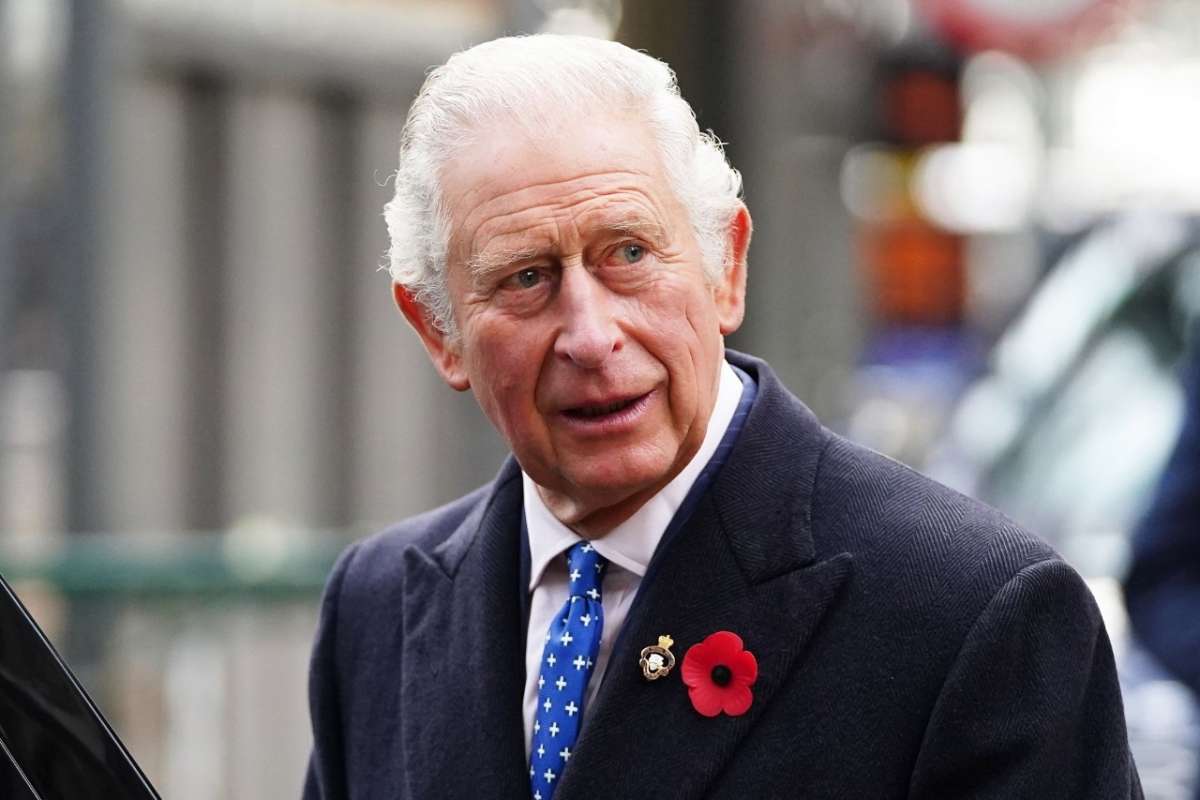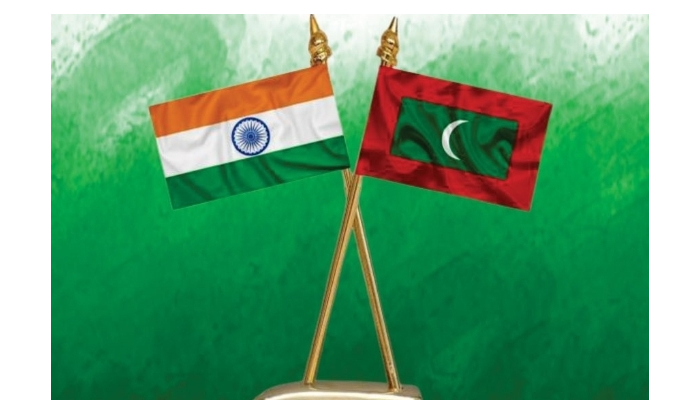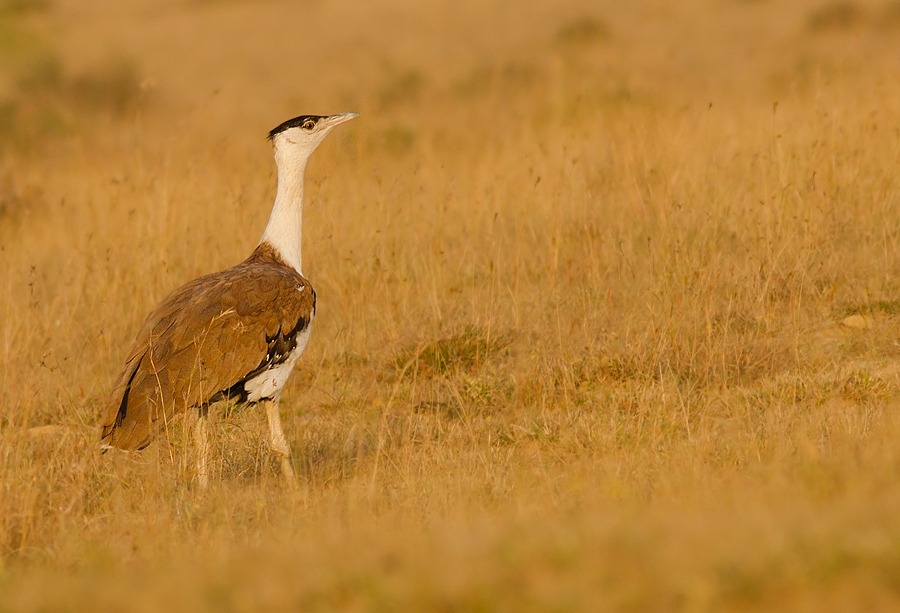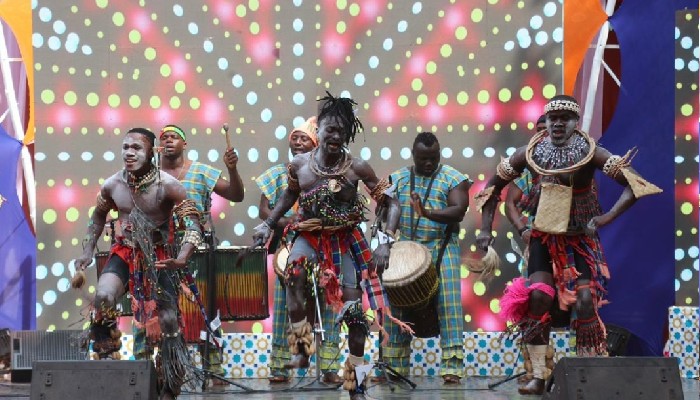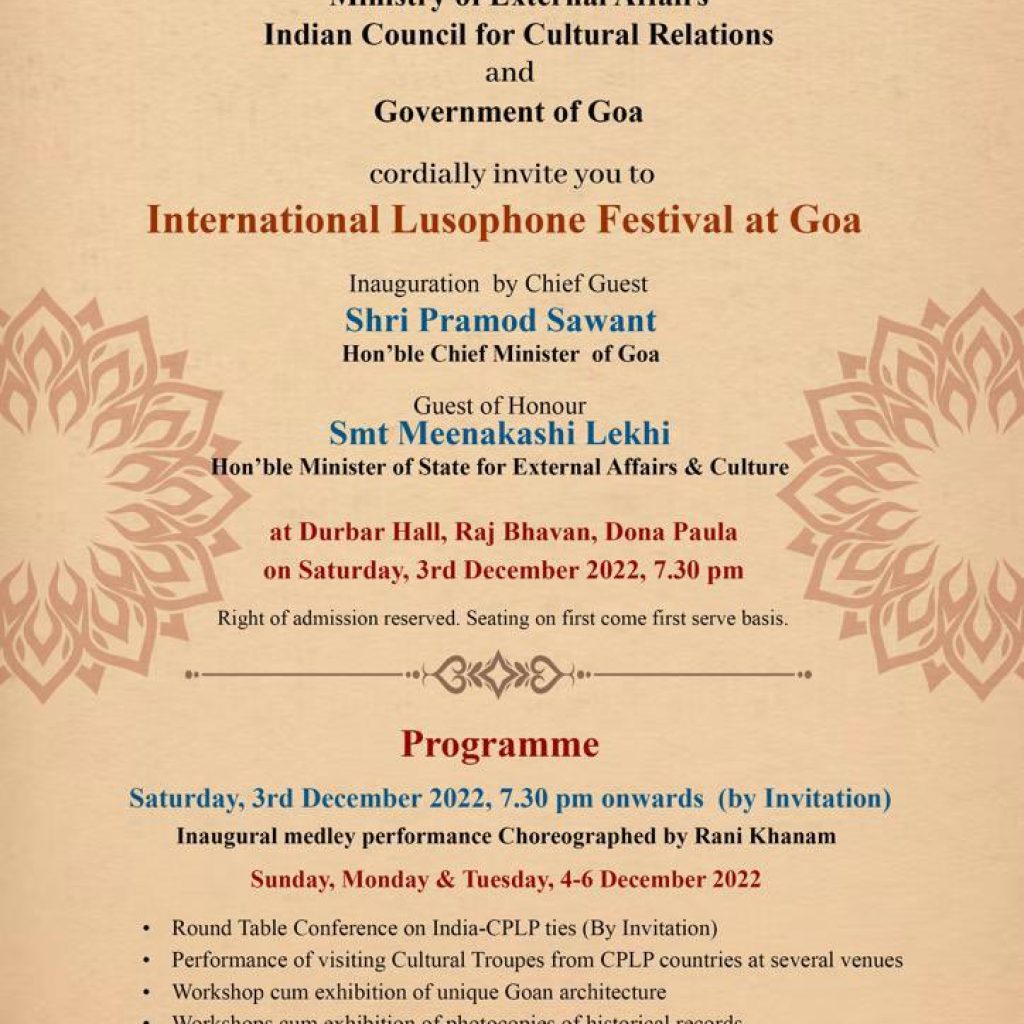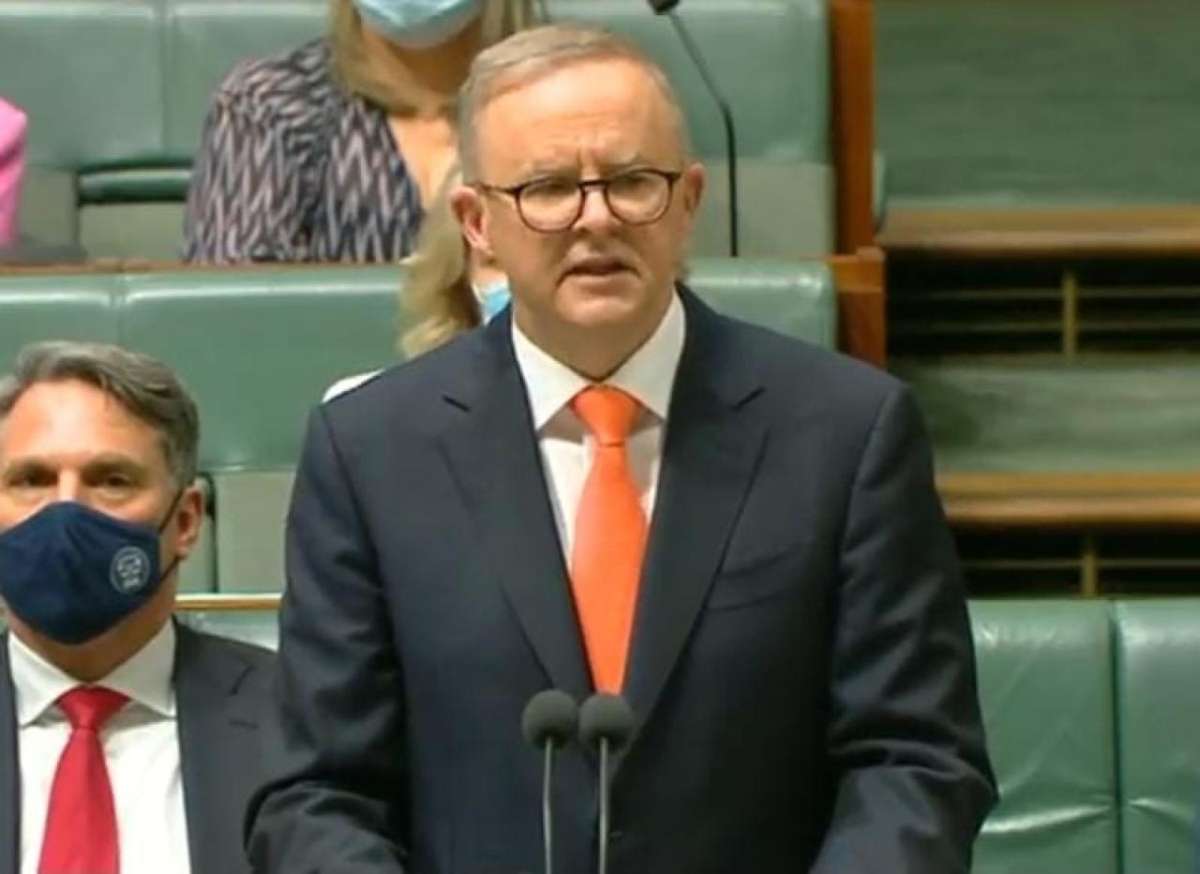Going by the seizure chart as on November 29 which marks total seizures of Rs 290.24 crore, there is a massive jump in the amount of seizures which is 10.66 times of seizures in 2017….reports Asian Lite News
Massive seizure has been made by enforcement agencies in Gujarat ahead of the upcoming assembly elections that would be held in two phases — on December 1, and on December 5, officials said.
Election Commission has said that seizures during these ongoing polls have recorded over 28 times increase as compared to 2017 Gujarat Assembly elections.
The total seizure in the 2017 Gujarat Assembly Election was Rs 27.21 crore.
Going by the seizure chart as on November 29 which marks total seizures of Rs 290.24 crore, there is a massive jump in the amount of seizures which is 10.66 times of seizures in 2017.
Add to it, the ongoing seizure of drugs, it becomes whopping 28 times.
Behind the stupendous rise in seizure figures has been the comprehensive strategy, detailed planning and rigorous follow-ups by the Election Commission.
A senior EC official said that the meticulous planning, exhaustive reviews and expenditure monitoring through a host of enforcement agencies by Election Commission of India has produced stellar results leading to record seizures in the ongoing Assembly elections in Gujarat.
One significant ongoing seizure process of heavy consignment of drugs is led by a team of officers of ATS Gujarat which is carrying out an operation in Vadodara (Rural) and Vadodara City.
The team has identified 2-mephedrone drug manufacturing units and unearthed about 143 kg of mephedrone (synthetic drug) worth about Rs 478 crore.
They have detained five persons from Nadiad and Vadodara and a criminal case is being registered in ATS Police Station, Ahmedabad under relevant sections of the NDPS Act, 1985.
The operation is in progress and complete details will be made available once the operation is completed.
On the occasion of announcement of dates for Gujarat Assembly Election 2022, Chief Election Commissioner, Rajiv Kumar stressed on inducement-free elections and cited the significant amount of seizures made in Himachal Pradesh.
On November 23, the Commission had interacted with Chief Secretaries, DGPs, Excise Commissioners, DG (Income Tax) and other senior officers of Gujarat and its neighbouring states and UTs — Rajasthan, Madhya Pradesh, Maharashtra, Daman and Diu and Dadra and Nagar Haveli.
This was held to review law and order situation and coordinated participation for conduct of free, fair and peaceful polls.
On a similar note, seizures in Himachal Pradesh Assembly Elections in 2022 saw more than 500 per cent increase over figures of 2017 Assembly Elections.
As compared to Rs 9.03 crore worth of seizures in 2017 Assembly Elections, the seizures in 2022 rose to Rs 57.24 crore.

